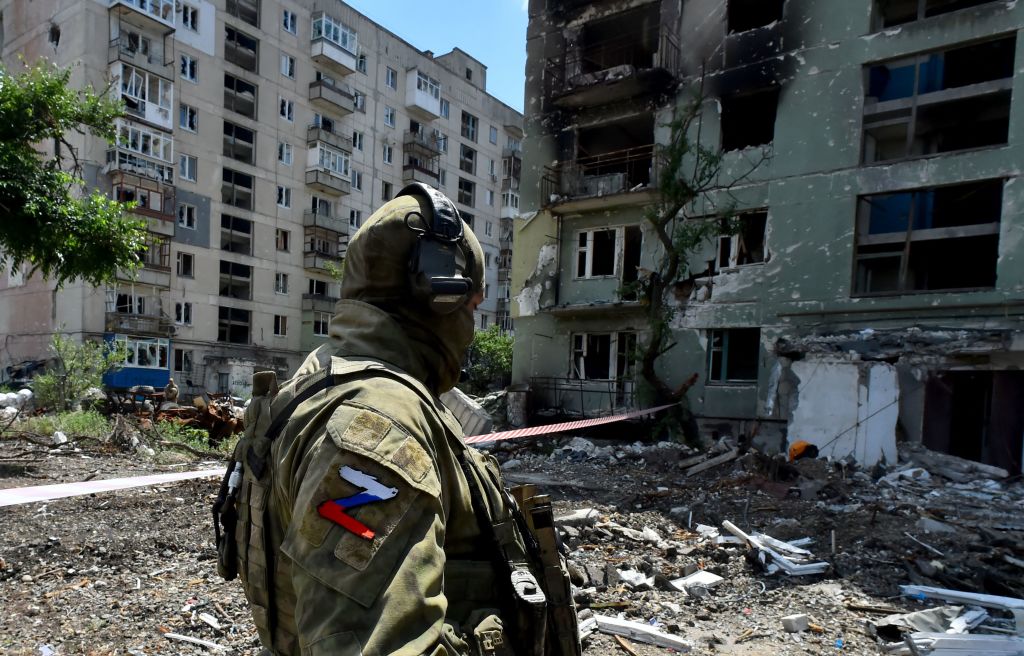European human rights court rules against Russian 'undesirable organizations' law

Russia's law labeling foreign organizations as "undesirable" and Moscow's prosecution of individuals involved in those groups violates the European Convention on Human Rights, the European Court of Human Rights (ECHR) determined in a unanimous ruling issued June 18.
The law on "undesirable" organizations has existed since 2015 and has been used to target perceived opponents of Russian President Vladimir Putin's regime.
A seven-judge panel ruled unanimously that the law violates the convention's articles regarding freedom of assembly and association and freedom of expression.
"The Court found that the legal provisions relating to 'undesirable organizations' were not formulated with sufficient precision to enable the applicant organizations to foresee that their actions, normally lawful, would result in their classification as 'undesirable' and the prohibition of their activities in Russia," the ECHR said in a statement.
The case was filed by the Andrey Rylkov Foundation and others on behalf of four organizations based outside Russia — the Free Russia Foundation in Washington, the Ukrainian World Congress in Toronto, the Association of Schools of Political Studies of the Council of Europe in Strasbourg, and the Spolecnost Svobody Informace in Prague.
The four organizations were deemed "undesirable" under the Russian law, while other applicants were convicted for their affiliation with organizations also designated as "undesirable."
There are currently 160 such organizations listed as being "undesirable," including NGOs, independent media outlets, human rights groups, and others.
Organizations belonging to the list are banned from operating in Russia, and it is illegal for individuals or other media outlets to share their content. The Russian government passed a law on May 13 expanding the list of "undesirable" organizations to include those funded by foreign states.














